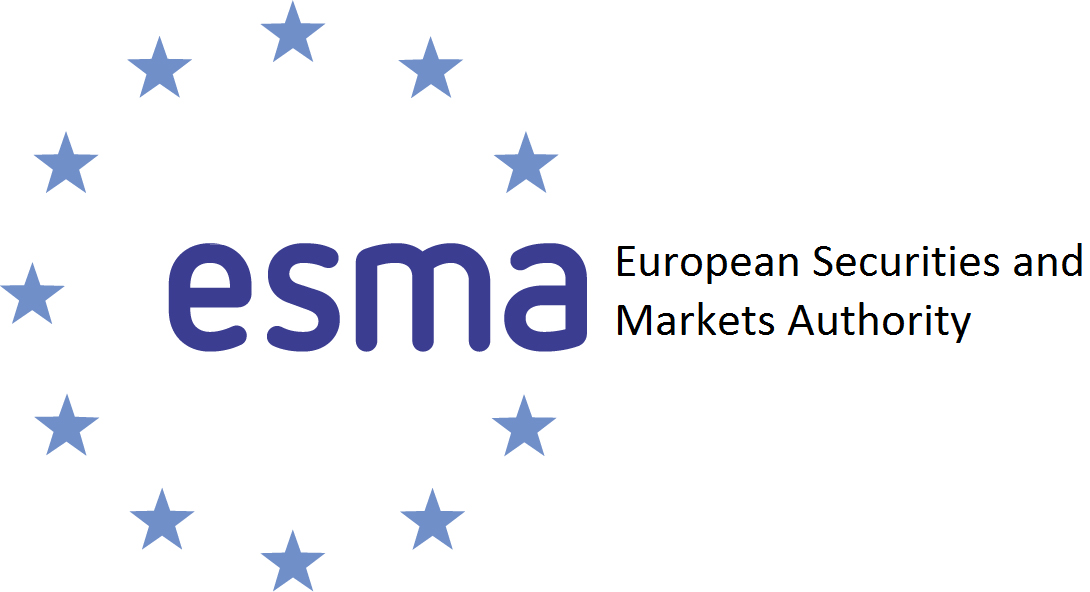The European Securities and Markets Authority (ESMA) has rejected calls to change UCITS rules following concerns ETFs could be in breach under T+1 misalignment.
Industry figures called for ESMA to take action over fears funds could violate investment deposit and temporary borrowing limits, and called for a temporary suspension of the Central Securities Depository Regime (CSDR) due to increased risks of settlement fails.
It comes as the US prepares to move from a T+2 to T+1 settlement cycle in May, creating a misalignment between jurisdictions which is likely to cause a headache for the industry.
The concerns were raised in response to ESMA’s consultation assessing the impact of shortening Europe’s settlement cycle to T+1.
It follows a warning from Brown Brothers Harriman (BBH) last month that ETFs could breach several UCITS rules including cash and overdraft levels following the move in the US.
ETF issuers and authorised participants (APs) will be required to manage the misalignment in the settlement between the fund and the underlying basket.
Regarding investment deposit limits, ESMA said current UCITS rules provide a 20% limit for investment deposits with the “same body” while noting UCITS may hold ancillary liquid assets “without providing for any explicit quantitative limit”.
“In light of this, ESMA does not see any obstacles in the EU legislation for UCITS to deal with the expected change of the settlement cycles to T+1 in the US,” it said.
Despite this, Antonette Kleiser, ETF specialist at BBH, said this will be a particular challenge in Europe where markets mostly operate in cash.
The industry also highlighted concerns around potential borrowing limit breaches, stating misalignment means UCITS funds will have to pay for US securities sooner than they would receive the cash against the fund from a European investor.
Currently, there is a borrowing limit of up to 10% to plug the so-called funding gap.
ESMA said it will “keep monitoring market developments” but “does not find sufficient evidence” for legislative changes to the current temporary borrowing limits of 10%.
CSDR suspension
The industry also called for a temporary suspension of CSDR due to the increased risk of settlement fails for ETFs on US securities.
However, ESMA ruled out any changes to the regulation, adding the creation and redemption of ETF shares in US securities would settle before it would have to deliver or redeem the shares to or from the investor.
“Taking this into consideration, ESMA does not agree with the arguments suggesting that the move to T+1 in North America would imply an increase in settlement fails for funds invested in North American securities,” it said.
“As such, it does not seem adequate to provide forbearance on or suspend the application of CSDR cash penalties due to the move to T+1 in North America.”
It comes as the financial watchdog consulted on introducing progressive cash penalties for ETFs under a CSDR refit last December, something the industry has rallied against.
ESMA will publish a report on shortening the settlement cycle as part of its CSDR refit in Q3 or Q4 this year, with a legislative deadline of 17 January 2025.




